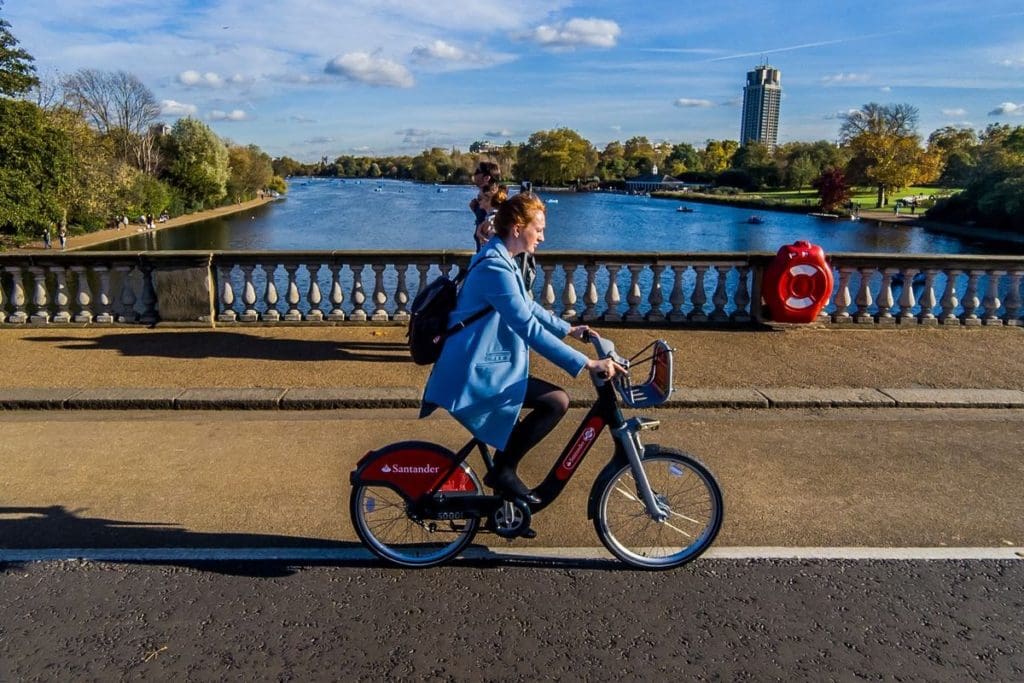London’s Sound Investment for Safer Streets

London, UK
Transport for London (TfL) is supporting the city’s e-scooter operators to develop a ‘universal sound’ to help improve safety, particularly for people with impaired vision.
Operators Dott, Lime and TIER have announced plans to collaborate and partner with University College London’s (UCL) world-leading research facility PEARL to develop a ‘universal sound’ to identify rental e-scooters.
Research is expected to produce a sound that can be tested by operators in London this year, attaining an industry standard and ultimately aiming to scale up to other cities in the UK and beyond.
TfL, a local government body, and the three e-scooter operators this month released data showing general progress in trialling e-scooters in London in a safe and legal way.
More than 585,000 e-scooter trips have now been made in the city, covering a total of 1.6 million kilometres. Around 180,000 people have used the scheme to date and the most rides by a single user were more than 300 trips
The London trial has expanded significantly since it launched eight months ago. The number of vehicles available to hire has increased sixfold to 3,585 vehicles and the number of boroughs participating in the trial has doubled.
The operators use an entirely zero-emission fleet powered by 100% renewable energy for their operations.
Record Ride Number for London Share Bikes
In addition, TfL’s cycle hire scheme rose to record rider numbers in 2021.
Its Santander bikes were hired more than 10.9 million times throughout the year, surpassing the previous record, set in 2018, by 371,000 hires.
“More than 1 million individual customers used the cycle hire scheme last year, the first time this milestone has been reached in a calendar year,” London Mayor Sadiq Khan said.
“178,000 new members joined the scheme in 2021, a 7% increase on 2020 and more than double that of any year prior to 2020.
“It’s fantastic to see our cycle hire scheme reach such incredible heights, achieving its highest ever hire numbers last year. Not only have we seen a huge rise in cycling since the pandemic, but participation has also broadened, particularly among people from minority ethnic communities”
TfL research last year found one in five people who don’t cycle are now actively considering cycling, which could increase participation levels to more than 40% of Londoners.
TfL and Santander are also working to introduce around 500 e-bikes into the scheme from the next UK summer, helping to break down barriers that stop some people from cycling, including fitness, age and journey length.
